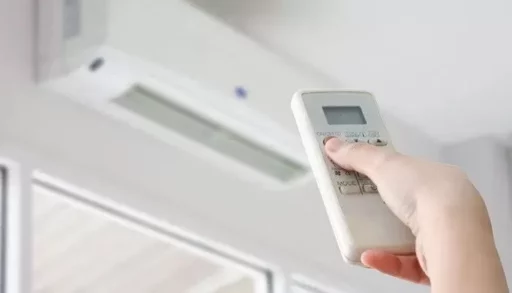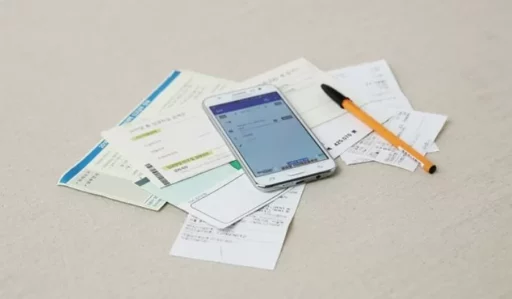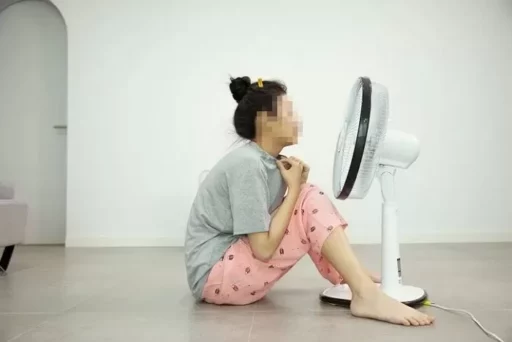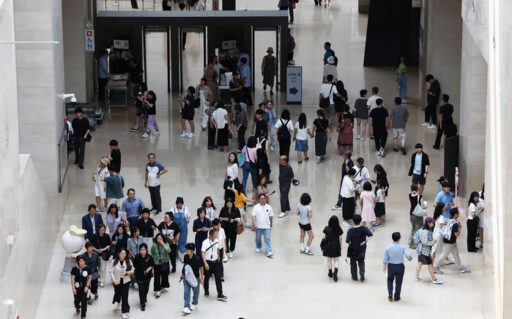How to Use Air Conditioners Without Worrying About Electricity Bills During the Heatwave
As the heatwave continues, temperatures across the country are nearing 40 degrees Celsius.
Many people turn on air conditioners to escape the sweltering heat, but at the same time, concerns about an "electricity bill bomb" are growing. In this situation, there are ways to stay cool this summer while saving on electricity bills.

According to the Korea Meteorological Administration, from July 7 to 9, most regions of the country recorded maximum temperatures around 35 degrees Celsius.
In particular, on July 8, Seoul's daytime maximum temperature reached 37.8 degrees Celsius, setting a record for the highest early July temperature since weather observations began in 1907. With such extreme heat, using air conditioning has become essential, but the burden of electricity bills is also increasing.
Record Highs
According to Korea Electric Power Corporation data, during the summer, the electricity consumption of a household with four people increases by an average of 61% (152 kilowatt-hours, kWh) compared to spring. This translates to an average monthly electricity bill increase of 64% (29,000 won).
Electricity rates are among the 20 items with a high weight in the inflation rate, significantly impacting the economy as a whole.
Ways to Save on Electricity Bills While Using Air Conditioning

There are various ways to save on electricity bills while using air conditioning.
First, when turning on the air conditioner for the first time, it's best to set it to the lowest temperature and highest fan speed to cool the indoor environment quickly. However, once the indoor area gets sufficiently cool, adjusting the temperature to around 26 degrees is more efficient.
According to the Korea Energy Agency, reducing air conditioning usage by just 2 hours a day, based on a 26-degree setting, can save a household with four people approximately 9,100 won in summer electricity consumption (400 kWh).
Air conditioners are divided into two types based on the operation of the outdoor unit: 'fixed-type (older models)' made before 2011, and 'inverter-type (new models)' made thereafter.
A representative from an appliance company advised, "Older air conditioners stop operating every two hours after reaching the target temperature, while newer models maintain the set cooling temperature and operate continuously, which consumes less electricity."

Additionally, using air conditioners alongside fans, or regularly cleaning both the outdoor unit and the air conditioner filters, can significantly enhance cooling efficiency. These simple habits can lead to substantial savings on electricity bills.
If you are considering purchasing an air conditioner right now, it is advisable to choose an energy efficiency grade 1 product.
Due to the 'Top Efficiency Home Appliance Rebate Program' included in the supplementary budget passed by the National Assembly on the 4th, you can receive a rebate of 10% (up to 300,000 won) off the purchase price.
Self-employed individuals, in particular, should avoid 'open-door cooling.'
According to a survey by the Korea Energy Agency, running an air conditioner with the door open can increase electricity consumption by 3 to 4 times compared to using it with the door closed.
Image Source: Material photo to assist understanding of the article / gettyimagesbank

![[Breaking News] Jeong Cheong-rae elected as new leader of the Democratic Party… First ruling party head under Lee Jae-myung’s government](https://wordkorean.com/wp-content/uploads/2025/08/thumbnail-25.jpg)
